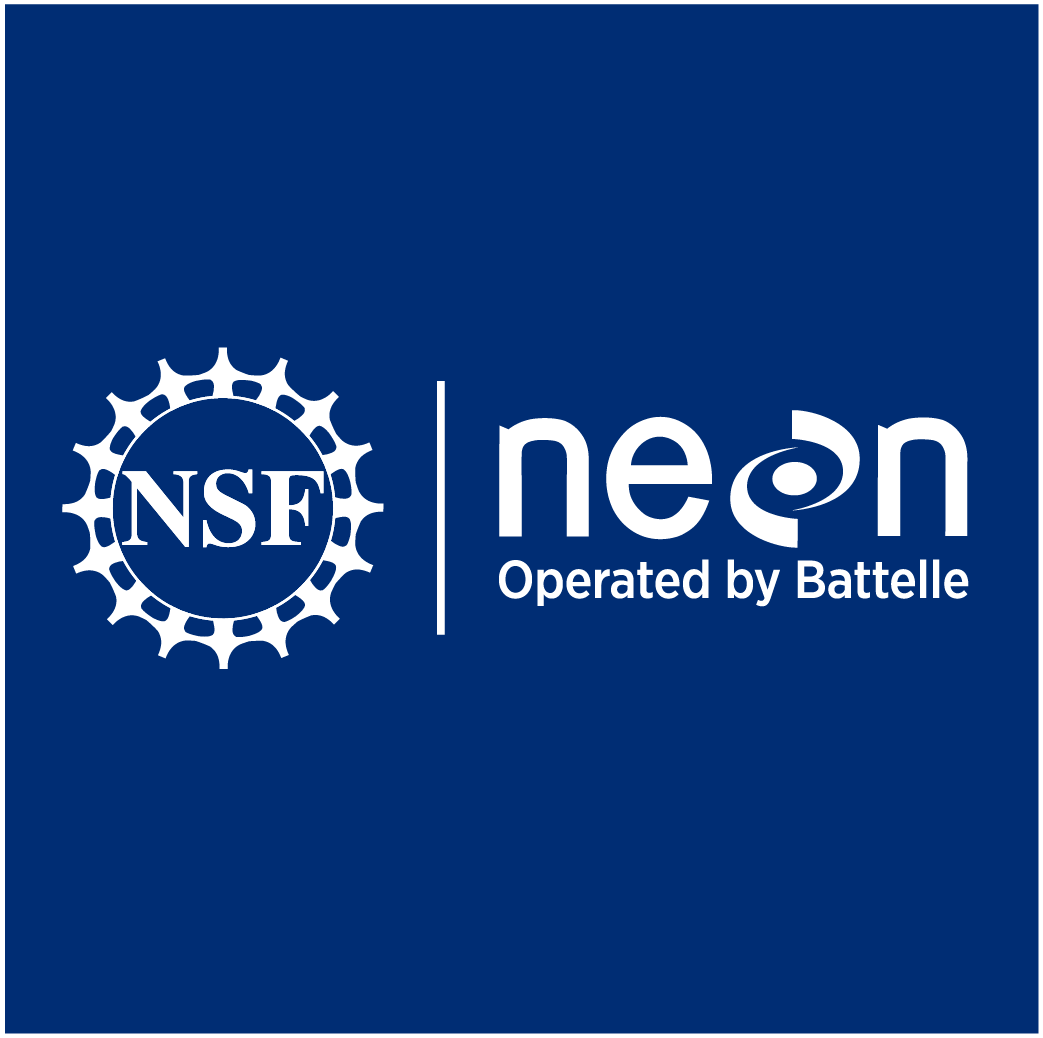Using the QUBES platform and NEON faculty mentoring networks to build, adapt, and publish data-driven open educational resources
Author(s): Kusum Naithani1, Megan A. Jones2, Kristine Grayson3
1. University of Arkansas 2. National Ecological Observatory Network 3. University of Richmond
928 total view(s), 247 download(s)
Description
The successful integration of datacentric teaching practices plays a major role in efforts to transform undergraduate biology education. Working with authentic data increases student exposure to scientific practices and contributes to the development of quantitative skills. While open access data and resources to incorporate data exploration in the classroom have dramatically increased, the typical barriers (time, training opportunities, and incentives) have imposed limits on broad integration of datacentric teaching approaches. These challenges are particularly acute for the integration of largescale ecological data, where the skills required to manipulate and analyze these data sets can be a large hurdle for both educators and students. We share the outcomes from a partnership between the National Ecological Observatory Network (NEON) and the Quantitative Undergraduate Biology Education and Synthesis project (QUBES). We have used the online collaborative platform, open educational resources publishing system, and Faculty Mentoring Network (FMN) model of QUBES alongside the full catalogue of NEON data now available to develop and disseminate teaching resources and provide training and community to faculty.
Participants in the NEON Data Education FMN designed and implemented modules across a range of data types and skill levels, from introducing students to large datasets and best practices in managing, summarizing, and conducting basic analyses to advanced codebased explorations to manipulate, analyze, and visualize NEON data. Through the QUBES platform, faculty also adapted versions of published modules to the appropriate software and skill level of students in their courses. These adapted materials were then republished and shared, effectively creating a similar structure as GitHub where teaching resources can be forked and versioned. Building an online community where faculty can share, modify, and republish teaching materials allows for the wider implementation and improvement of datacentric educational resources. This QUBES resource was presented in a workshop organized by NEON at the 2020 Ecological Society of America.
Cite this work
Researchers should cite this work as follows:
- Naithani, K., Jones, M. A., Grayson, K. (2020). Using the QUBES platform and NEON faculty mentoring networks to build, adapt, and publish data-driven open educational resources. NEON Faculty Mentoring Network, QUBES Educational Resources. doi:10.25334/PEJ1-HH75
